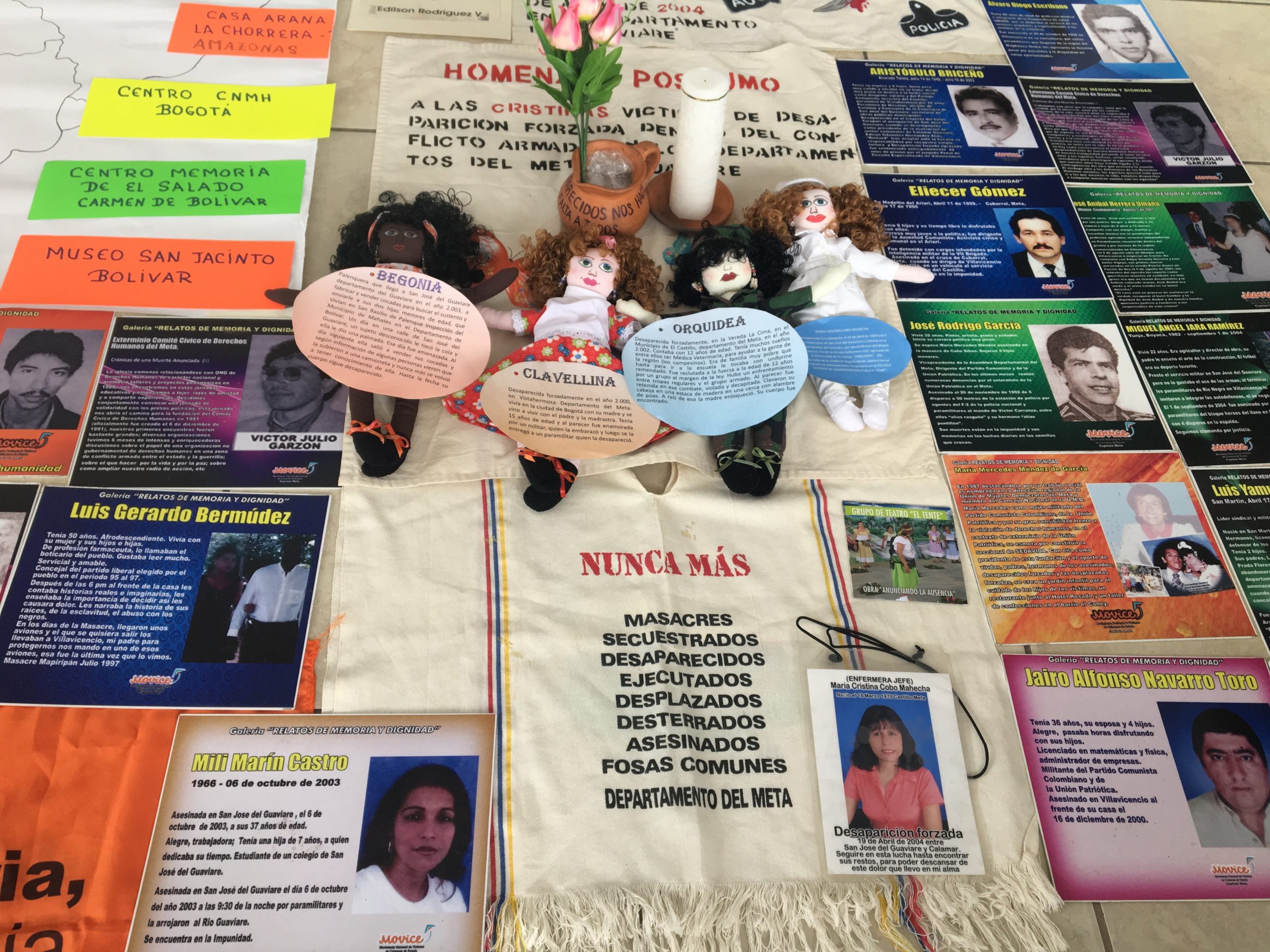On February 1, 2020, the International Coalition of Sites of Conscience suspended the membership of the National Center for Historical Memory in Bogotá, Colombia from its global network of over 275 historic sites, museums and memory initiatives. To be clear, only the National Center for Historical Memory has been suspended; the Coalition continues to fully support its other Colombian members, among them Centro de Memoria, Paz y Reconciliación, Museo Casa de la Memoria, and the Red Colombiana de Lugares de Memoria.
The suspension came after the International Coalition of Sites of Conscience, in concert with its Colombian Network of Places of Memory, which includes 28 sites of memory in Colombia, and its Network of Latin American and Caribbean Memory Sites – RESLAC, expressed its concerns about biased and excluding public statements made on behalf of the Center. It requested clarification of the Center’s positions in a letter to its Director, Rubén Darío Acevedo, dated September 24, 2019, calling for the Center to reaffirm its adherence to the Coalition’s guiding principles and specifically to the following working criteria:
- That it recognize the armed conflict in Colombia, as established by the Colombian Victims’ Law.
- That it seek to guarantee the right to truth of all victims, their families and organizations.
- That it recognize the centrality of the victims of all armed actors and ensure their full participation in the processes of consultation, decision-making and implementation of symbolic reparation measures.
- That it support the memory exercises that are being developed by civil society and recognize that places of memory, archives and museums generated by communities are essential for the education of young generations in democratic principles.
- That it seek to build a culture of coexistence for the non-repetition of Colombia’s recent past of political violence.
As the National Center for Historical Memory did not reply to this letter, on January 30, 2020, the Coalition informed the Center that its membership was suspended as of February 1, 2020.
The Coalition then informed the Center in a letter dated February 4, 2020 that in order for its membership to be reinstated, it must commit, in a public act of wide diffusion – and with the presence of civil society organizations from diverse sectors, academia and the media – its adherence to the “Principles on Public Policy for Memory in the Americas” of the Inter-American Commission on Human Rights (IACHR), to the guiding principles of the International Coalition of Sites of Conscience and to the working criteria requested by the members of RESLAC, including the following:
- That it recognize the armed conflict in Colombia, as established by the Colombian Victims’ Law and the legislative acts that form part of the constitutional bloc.
- That it seek to guarantee the Right to the Truth of all victims, their families and organizations, based on a broad definition of a victim of the conflict as all persons who have suffered human rights violations by all armed actors, not only illegal but also by the State when any of its agents has violated the constitutional order, including forced disappearance, torture, extrajudicial execution, sexual violence, confinement and forced displacement.
- That it recognize the centrality of victims in all institutional efforts and guarantee their full participation in the processes of consultation, decision making and execution of symbolic reparation measures.
- That it support the exercises of memory that are being developed from civil society and recognize that places of memory, archives, and museums generated by communities are essential for the education of young generations in democratic principles.
- That it seek to build a culture of coexistence for the non-repetition of the past of political violence in Colombia, incorporating the findings and recommendations issued by the Commission for the Clarification of Truth, Coexistence and Non-Repetition.
- That it commit to ensuring that any change to the museum’s script will be made through a broad participatory process in regions, similar to the process by which the museum script was created by the Center itself.
Only when these requirements are met can the National Center for Historical Memory’s membership be considered for reinstatement – and through this process can the confidence of organizations, victims’ collectives and sites of memory be restored.
For more information, please contact: Ashley Nelson, International Coalition of Sites of Conscience Communications Director, at anelson@sitesofconscience.org or via Skype at: anelson@sitesofconscience.org.
Para español, haga clic aquí.

